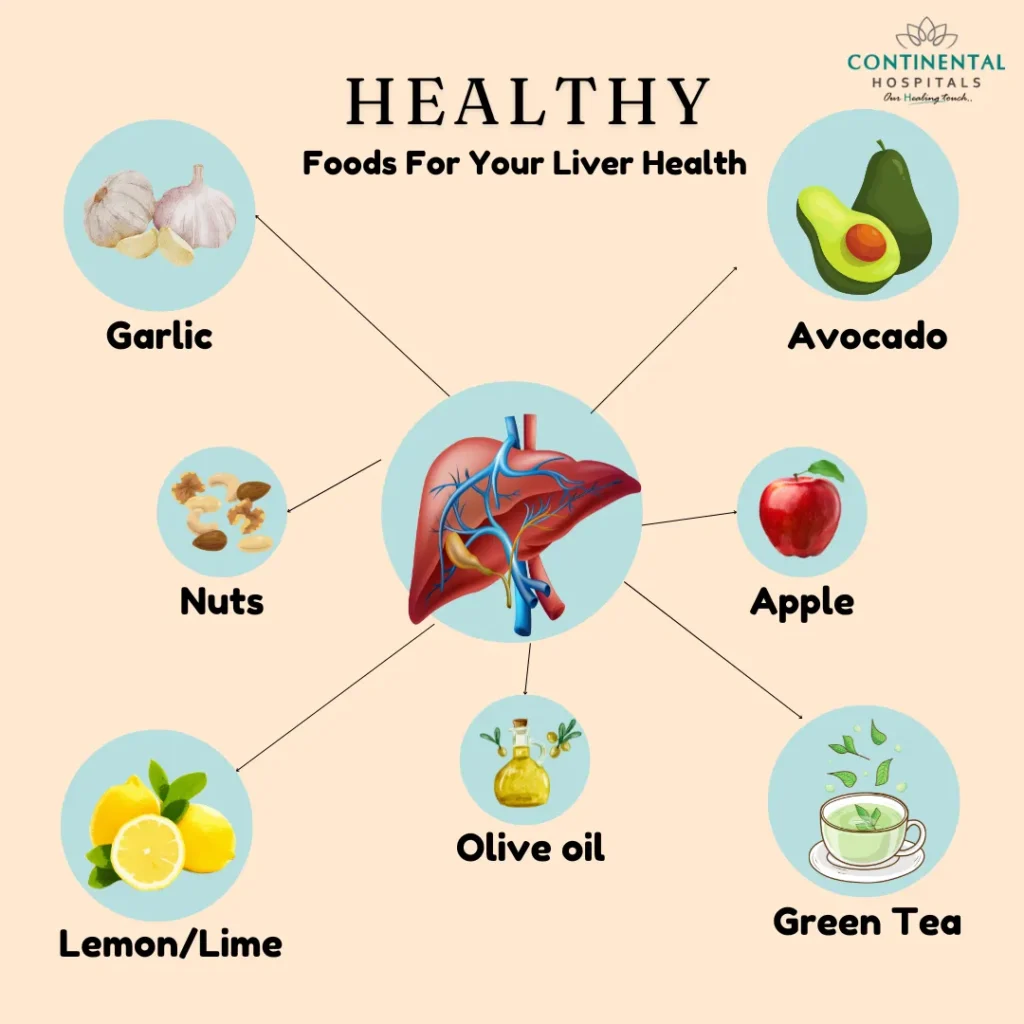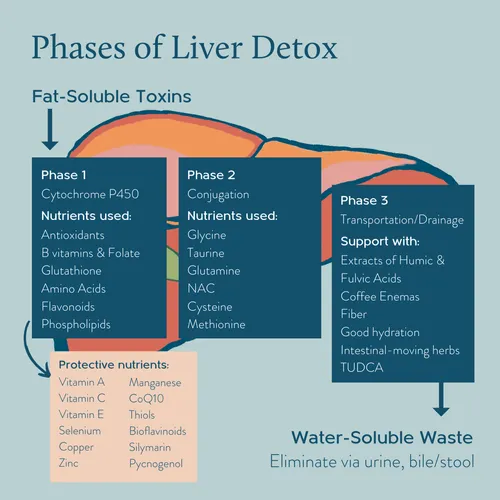The liver is one of the most important organs in the body, responsible for a wide range of functions that are essential for overall health and well-being. One of the key functions of the liver is to produce enzymes that help to break down and metabolize substances in the body, including toxins and medications. When the liver is functioning properly, it is able to produce and regulate these enzymes effectively. However, if the liver becomes damaged or overwhelmed, enzyme levels can become imbalanced, leading to a range of health problems.
Maintaining healthy enzyme levels is crucial for overall liver function and can help to prevent a variety of health issues. In this article, we will discuss some tips for improving liver function and maintaining healthy enzyme levels. We will also address some frequently asked questions about liver health and enzyme levels.
Tips for Improving Liver Function and Maintaining Healthy Enzyme Levels
1. Eat a healthy diet: One of the best ways to support liver function and maintain healthy enzyme levels is to eat a nutritious diet that is rich in fruits, vegetables, whole grains, and lean proteins. Avoiding processed foods, sugary drinks, and excessive amounts of alcohol can help to reduce the strain on the liver and promote optimal enzyme production.
2. Stay hydrated: Drinking plenty of water is essential for overall health and can help to support liver function. Water helps to flush toxins out of the body and keeps the liver hydrated, which is important for enzyme production.
3. Exercise regularly: Regular exercise is important for maintaining a healthy weight and supporting overall liver function. Exercise can help to reduce inflammation in the body, improve circulation, and support detoxification processes in the liver.
4. Limit alcohol consumption: Excessive alcohol consumption can damage the liver and lead to imbalances in enzyme levels. Limiting alcohol intake or avoiding it altogether can help to protect the liver and promote healthy enzyme production.
5. Avoid toxins: Exposure to toxins in the environment, such as pesticides, heavy metals, and pollutants, can put strain on the liver and disrupt enzyme production. Taking steps to reduce exposure to toxins, such as using natural cleaning products and avoiding smoking, can help to support liver health.
6. Get regular check-ups: Regular visits to your healthcare provider can help to monitor liver function and enzyme levels. If you have a history of liver disease or other risk factors for liver problems, your healthcare provider may recommend regular blood tests to check enzyme levels.
7. Consider supplements: Some supplements, such as milk thistle, turmeric, and vitamin E, may help to support liver function and promote healthy enzyme levels. It is important to talk to your healthcare provider before starting any new supplements to ensure they are safe and appropriate for you.
8. Manage stress: Chronic stress can have a negative impact on liver function and enzyme levels. Finding healthy ways to manage stress, such as meditation, yoga, or counseling, can help to support overall liver health.
Frequently Asked Questions about Liver Health and Enzyme Levels
Q: What are enzymes, and why are they important for liver function?
A: Enzymes are proteins that help to facilitate chemical reactions in the body, including breaking down substances for metabolism. In the liver, enzymes play a crucial role in detoxification processes and the metabolism of nutrients and medications.
Q: What are some signs of liver dysfunction?
A: Signs of liver dysfunction can include fatigue, jaundice (yellowing of the skin and eyes), abdominal pain, nausea, and swelling in the abdomen. If you are experiencing any of these symptoms, it is important to see your healthcare provider for evaluation and testing.
Q: How can I know if my liver enzymes are elevated?
A: Elevated liver enzymes can be detected through blood tests, which measure levels of enzymes such as ALT (alanine aminotransferase) and AST (aspartate aminotransferase). If your healthcare provider suspects liver dysfunction, they may recommend blood tests to check enzyme levels.
Q: Can lifestyle changes help to improve liver function and enzyme levels?
A: Yes, making healthy lifestyle changes, such as eating a nutritious diet, staying hydrated, exercising regularly, and avoiding toxins and excessive alcohol, can help to support liver function and maintain healthy enzyme levels.
Q: Are there any medications that can affect liver function and enzyme levels?
A: Yes, certain medications, such as statins, antibiotics, and pain medications, can affect liver function and enzyme levels. It is important to talk to your healthcare provider about any medications you are taking and to follow their recommendations for monitoring liver function.
In conclusion, maintaining healthy enzyme levels is essential for supporting liver function and overall health. By following the tips outlined in this article and addressing any concerns with your healthcare provider, you can help to promote optimal liver health and reduce the risk of liver problems. If you have any questions or concerns about liver health and enzyme levels, be sure to consult with your healthcare provider for personalized guidance and recommendations.


